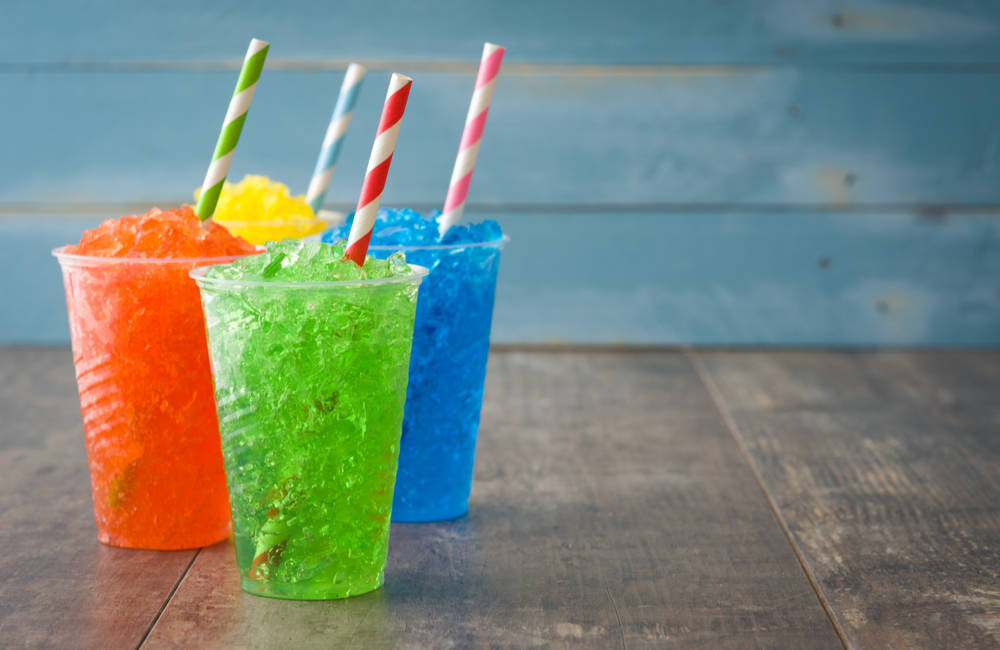
French scientists are stating that high sugar drinks such as fizzy pop and fruit juice could increase the risk of cancer. Drinking a large amount of these drinks could increase your risk, they have found a link between the regular consumption of sugary drinks and the likelihood of developing the disease such as cancer.
The study had 101,257 participants who were aged 18 and over. The participants were to consume sugary drinks they were then assessed by 24 hour dietary records for five years.

Drinks which are high in sugars can lead to weight gain, obesity and increase the risk of type 2 diabetes. The report said: “When the group of sugary drinks was split into 100% fruit juices and other sugary drinks, the consumption of both beverage types was associated with a higher risk of overall cancer,”
High sugar drinks are drinks with over 5% of sugar in them. Artificial sweeteners did not have any link with cancer.
The study found that drinking 100ml of sugary drinks a day would increase the development of cancer by 18%. For every 1,000 people in the study there were 22 cancers.
For all the cancers found in the study 693 were breast cancers, 291 were prostate cancers and 166 were colorectal cancers.
Dr Graham Wheeler, a senior statistician at University College London, said: “Participants were followed on average for about five years, and 22 participants per 1,000 developed some form of cancer.
“So this means if 1,000 similar participants increased their daily sugary drink intake by 100ml, we’d expect the number of cancer cases to rise from 22 to 26 per 1,000 people over a five-year period.
“However, this assumes that there is a genuine causal link between sugary drink intake and developing cancer, and this still needs further research.”
Registered dietitian Helen Bond said: “The findings of this observational study completely contradict previous clinical trials on 100 per cent fruit juice which makes me suspect that participants were not correctly reporting their consumption of 100 per cent fruit juice.”